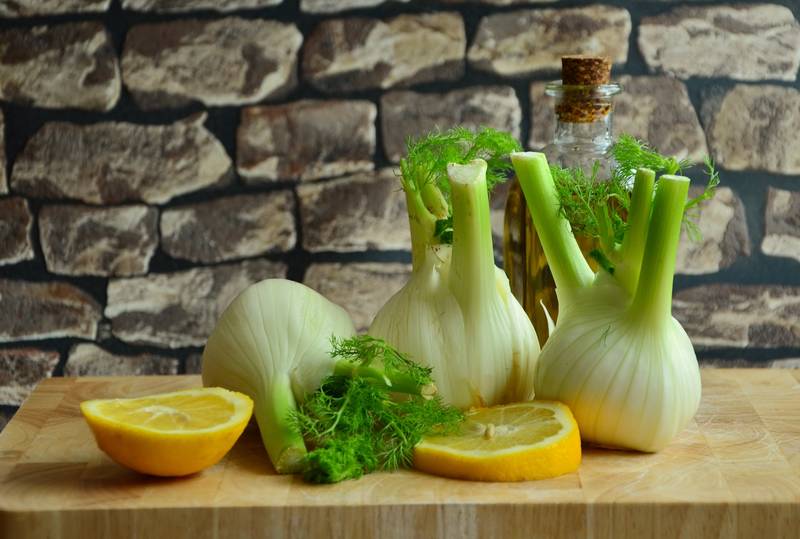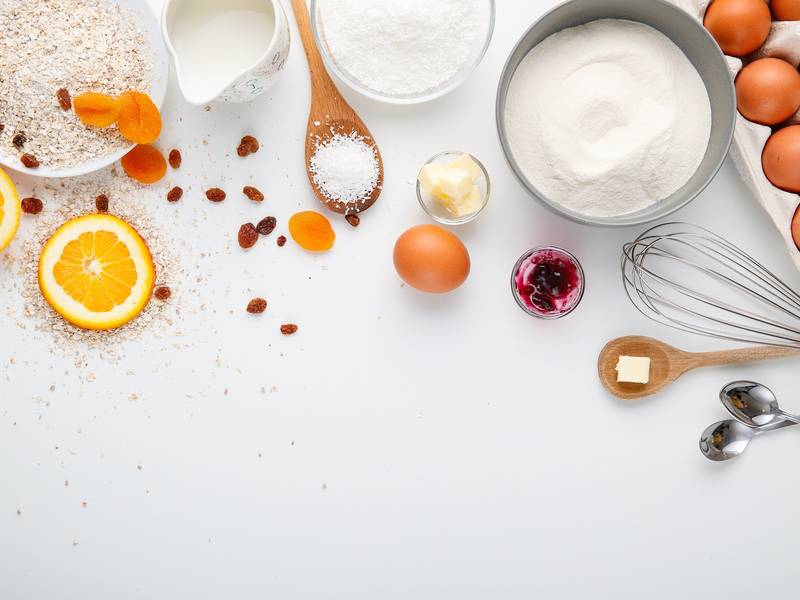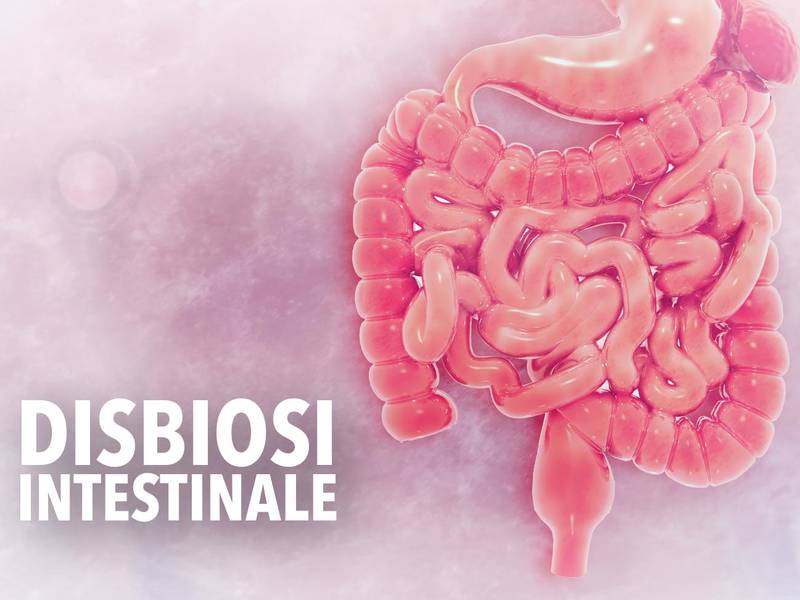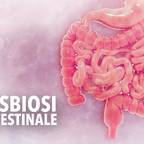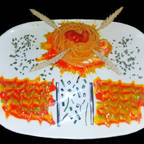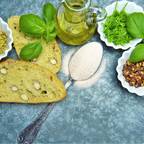
Marco Scaglione
My professional biography and my story are linked together they kept strong by a strap which is called passion. I'm lucky: I like my job, I enjoy it and it fills me with satisfaction.
It was born a new collaboration between Marco Scaglione and Aksum. Click on the logo and visit their site.
INSIGHTS
All insights
A deepening in the world of sugars where they are born, how they act and how they affect recipes
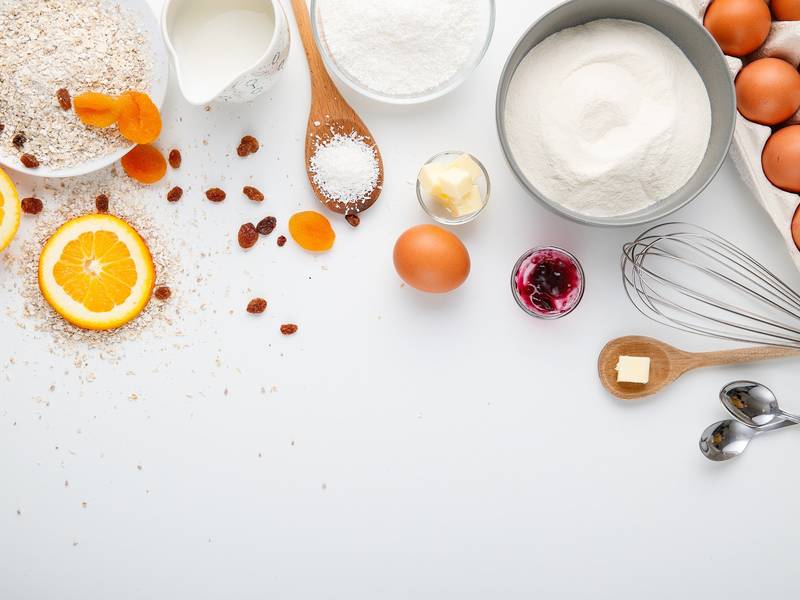
We all know by now that excessive sugar intake is detrimental to health and not only leads to increased body weight, but to a high risk of hypertension, high cholesterol, inflammation, insulin resistance, obesity, type 2 diabetes, non-alcoholic liver steatosis and heart disease.
The sugars are essentially divided into natural and added.
The added sugars, however, like those found in snacks and "hidden" in many other products, are the ones to worry about the most.
These include high-fructose corn syrup, present in some ketchup and types of packaged bread, as well as honey or agave that you could add to a cup of tea or smoothie.
They are often not found along with other nutrients that can compensate for some of the effect, such as protein and fiber, so our body digests them faster, causing a rapid increase in blood sugar that over time, contributes to health problems such as obesity, Type 2 diabetes and heart disease.
The added sugars are hidden in a number of seemingly unsuspected foods, such as processed frozen foods, baby foods, dried fruits, cereals, muesli, instant oatmeal, salad dressing, ketchup, barbecue sauces, pasta sauces, flavored yogurt, protein bars and more.
Sugar may appear on the label under different names. Here are the most frequent:
Cane sugar
Sweetener of corn
Corn syrup
Rice syrup
Dextrose
Maltose
Barley malt
Sweetener with fructose
Concentrates of fruit juice
Glucose
High fructose corn syrup
Honey
Invert sugar
Lactose
Malt syrup
Maple syrup
Molasses
Raw sugar
Sucrose
Trealosio
Zucchero Turbinado
There are substitutes for sugar classified as "natural", such as stevia.
Stevia frees the body from excess sugar, so it is recommended for those who already have some problems with blood sugar.
Stevia (Stevia rebaudiana) is a plant native to Paraguay and Brazil. It is used as a sweetener in diets for slimming and in those for diabetics. Stevia has a sweetening power at 0 calories. The powder obtained from the dried leaves is 20 times sweeter than sugar, while the active ingredients are much more so, up to 300 times. Toxicology showed that its steviol glycosides are neither carcinogenic nor related to other adverse health effects.
In conclusion, unless a doctor advises us to switch to sugar substitutes for health reasons, it is better to eliminate
 English
English
 Italiano
Italiano
 Español
Español
 Francais
Francais


 Share on:
Share on:


